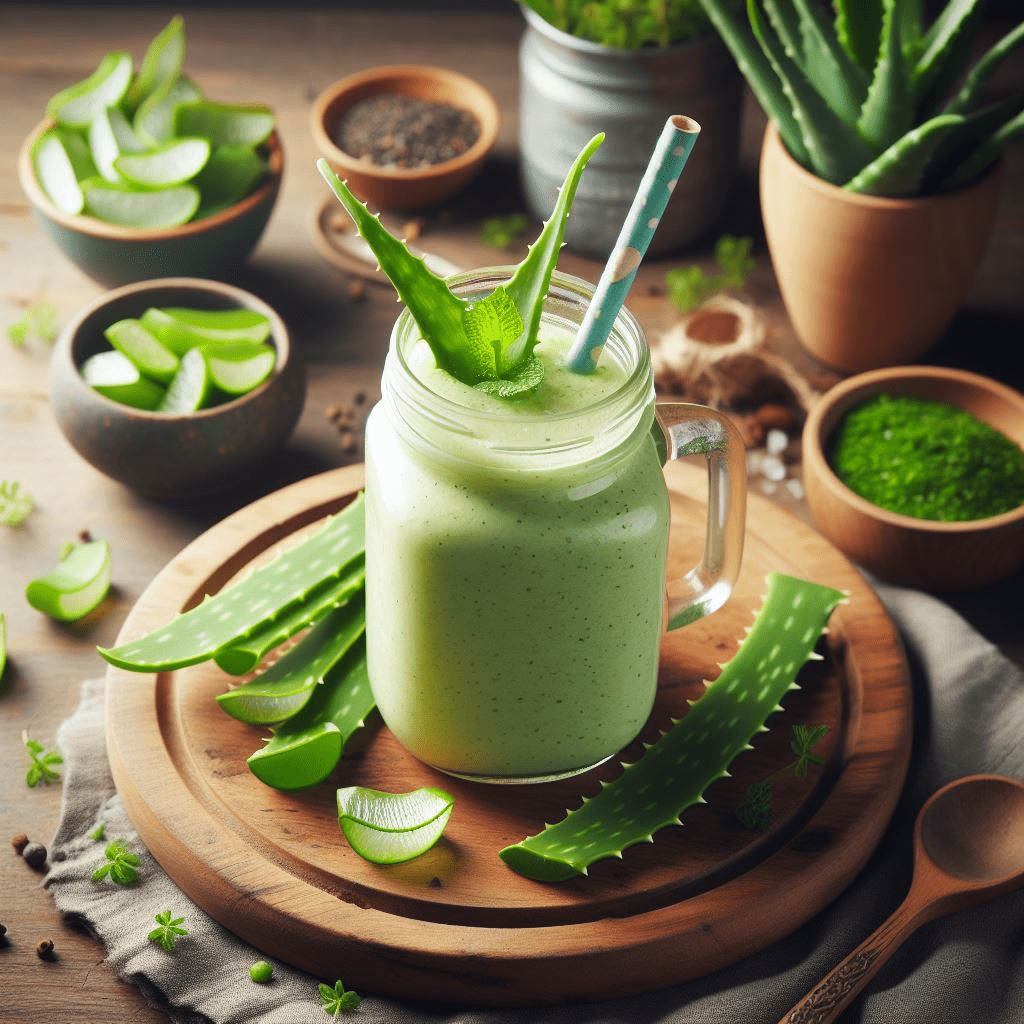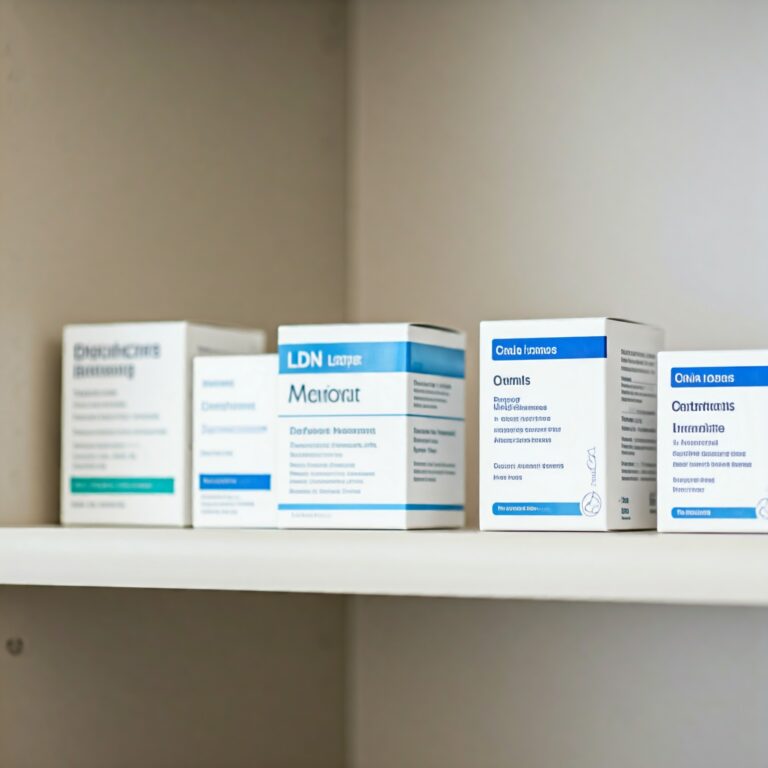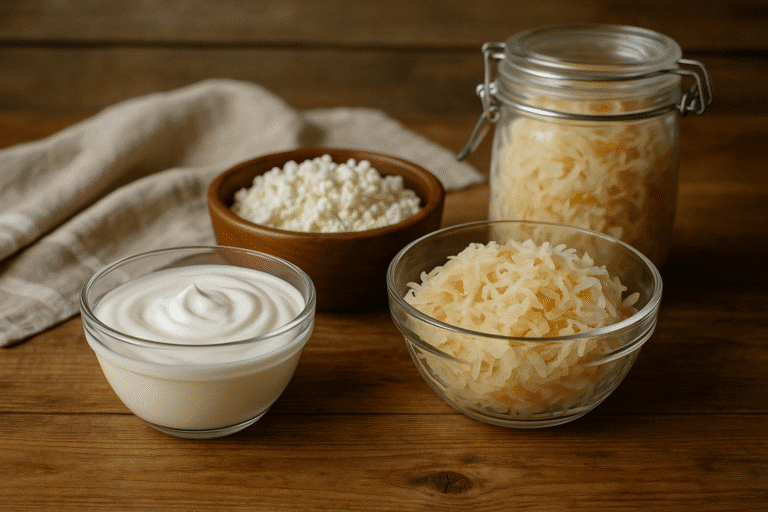Flare days can make even simple plans feel ambitious. It is no surprise so many of us ask about aloe vera for ulcerative colitis and Crohn’s disease, hoping for something gentler than another pill. The short answer, there may be small upsides for some people, but there are clear limits and a few gotchas worth knowing first.
If that sounds familiar, you are in good company. Curiosity is healthy, so is a little scepticism. Below, we set out what aloe vera might do, where the evidence is thin, and how to weigh it up alongside your IBD care without losing time, money, or your lunch.
Important Remember, this blog post is intended for informational purposes only and should not be construed as medical advice. Always consult with your doctor to discuss your individual situation and determine the best course of treatment for you. Do not start or stop medications without speaking to a doctor. Do not change your diet without speaking to your doctor or a healthcare professional.
How Aloe Vera Might Help Crohn’s And IBD
Aloe vera contains several bioactive compounds. One of the best known is acemannan, a polysaccharide studied for immune modulation and possible anti-inflammatory properties. In theory, these actions could support gastrointestinal health by calming intestinal inflammation. That is the theory. In practice, clinical evidence in IBD is limited and mixed.
Small studies in IBD hint at symptom improvement for a subset of people, while others show little change. Different products vary in processing and dose, which makes results hard to compare. If you try aloe, treat it as a complementary option, not a replacement for your prescribed Crohn’s disease management.
Aloe Vera For Ulcerative Colitis What We Know
Interest is especially strong in aloe vera for ulcerative colitis. You will see claims about aloe vera juice for ulcerative colitis easing cramps and diarrhoea. A few small trials suggest modest symptom benefits for some people. Others do not. The quality and type of aloe product matters, so does your personal sensitivity. Keep expectations realistic.
What About Crohn’s
The same caution applies to aloe vera for Crohn’s disease. Some people report softer stools becoming looser with aloe, which is not ideal in a flare. If you are already running to the loo, think twice.
Forms And Use Without The Guesswork
There is no standard dose for IBD. Products vary a lot. If, after speaking with your IBD team, you still want to test aloe, a practical approach helps:
- Start low and slow. If your clinician agrees, begin with a very small amount and monitor symptoms for a week before making changes.
- Prefer inner leaf, decolourised juice labelled aloin free. The latex part of the plant contains anthraquinones that can trigger diarrhoea.
- Avoid products with sorbitol, high fructose sweeteners, or added stimulants. These can aggravate bowels.
- Log what you take, when you take it, and any changes in symptoms.
You will see articles about aloe vera dosage for colitis. Because evidence is limited, any dosage you meet online is a general retail suggestion, not a medical recommendation. If in doubt, ask your IBD nurse or pharmacist to review the label with you.
Side Effects And Precautions
Natural does not mean harmless. Here are aloe vera side effects IBD readers report, plus those noted by clinicians:
- Diarrhoea, cramps, gas, and urgency, especially with latex or whole leaf products.
- Risk of dehydration or low potassium if diarrhoea persists.
- Possible interactions with diabetes medicines, diuretics, or blood thinners.
- Allergy is uncommon but possible. Patch test skin gels first.
- Pregnancy and breastfeeding, avoid oral aloe unless your clinician advises otherwise.
Topical products are a different story. Some people use aloe vera gel for IBD relief on perianal skin or minor irritations. That is applied to skin, not swallowed, and still worth checking with your team if skin is broken.
Fitting Aloe Alongside Your Treatment
Think of aloe as a supporting act. It cannot replace mesalazine, steroids, immunomodulators, or biologics that keep inflammation under control. Discuss timing with your pharmacist if you take other oral medicines. A simple rule, take medicines at consistent times and avoid washing them down with aloe.
Choosing Aloe Vera Products
With many bottles on the shelf, focus on what matters. You are choosing aloe vera products that favour your gut, not fight it.
- Inner leaf, decolourised, aloin free on the label.
- Short ingredient list. No sorbitol or artificial sweeteners if they set you off.
- Batch tested or quality seals from reputable bodies.
- Clear serving information and contact details for the manufacturer.
Some people explore acemannan for gut health via capsules. Again, product quality varies. Ask your pharmacist to sanity check the brand.
What Experts Say
Gastroenterologists tend to be cautious. As Dr. Sunanda Kane of the Mayo Clinic puts it, “I would not recommend using aloe vera products as first-line therapy for inflammatory bowel disease. There is not enough data to support that,” a reminder to keep proven IBD treatments front and centre.
Common Myths Busted
- Myth It heals the gut lining. Reality No supplement can patch inflamed bowel on its own. Control inflammation first.
- Myth If it is natural, it is safe. Reality Latex in aloe can be a strong laxative.
- Myth More is better. Reality With sensitive guts, smaller tries are safer than big leaps.
Simple Ways To Use It In Food
Some people prefer a small splash of plain aloe juice in water or a smoothie. If you tolerate it, keep recipes simple and low in added sugars. The aim is support for intestinal inflammation, not a sugar rush.
Aloe Smoothie Ideas
Try a small glass made with water, a low fibre fruit you tolerate, and a plain aloe juice that is aloin free. Skip sugar alcohols if they upset your gut.

Where Research Is Heading
More trials are needed in UC and Crohn’s. Scientists are studying standardised extracts, dosing, and how compounds like acemannan affect the immune pathway. For now, file aloe under interesting, promising for a few, not proven.
Bottom Line
Aloe may help a subset of people with IBD, and it may worsen diarrhoea for others. If you try it, do it with your team’s support, start small, pick careful products, and keep your prescribed treatment steady. That way you protect your baseline and learn quickly if it helps you.
Frequently Asked Questions About Aloe Vera For Crohn’s Disease
Evidence is limited and mixed. Some people report mild relief, others notice looser stools. Discuss aloe vera for ulcerative colitis with your IBD team first.
Yes, latex or whole leaf products can act as laxatives. Choose aloin free inner leaf juice if you and your clinician decide to try it.
Look for inner leaf, decolourised, aloin free liquids with minimal additives. Avoid sorbitol or high sugar blends if they trigger symptoms.
There is no standard dose in IBD. If approved by your clinician, start very small, keep notes, and stop if symptoms worsen.
Possible interactions exist, for example with diuretics or diabetes drugs. Ask your pharmacist to review your medicines and timing.
Some people find cooling relief from gel on intact skin. If skin is broken or sore near the anus, check with your clinician first.





